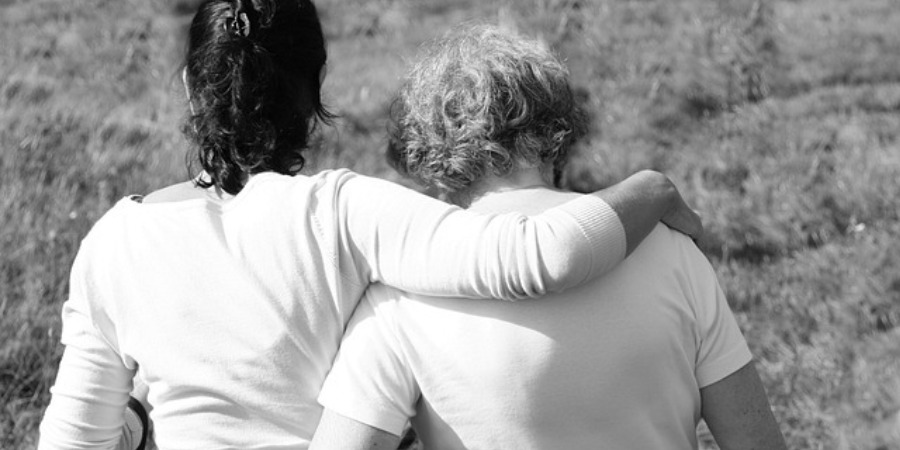Adaptation & Grief: Coping with Divorce
Contents
- Adaptation & Grief: Coping with Divorce
- Identify Destructive and Constructive Behaviors
- Keep Moving Forward in the Process of Emotional Separation
- Create Healthier Relationships
- Relate and Express Your Grief
- Recognize the Negative Consequences of Avoiding Grief
- Manage Your Grief as You Let Go of the Past
- Communicate with People Who Aren’t Able To Deal With Their Grief
At some point in our lives, many of us will experience the difficult process of divorce. It can be a painful, isolating and confusing time – one that can make us feel overwhelmed, exhausted and uncertain. With so much to adapt to, it’s no wonder that grief is often part of the process too. But while this grief can be an unavoidable part of the process, there are ways we can cope with it in healthy ways.
Identify Destructive and Constructive Behaviors
The first step to managing your grief is to recognize your own behaviors that may interfere with your ability to adapt. Are you engaging in destructive behaviors like excessive drinking or drug use? Or are you engaging in constructive activities like getting out into nature or exercising? Identifying others’ patterns of behavior that don’t support your healing process can help you take steps toward positive change.
Keep Moving Forward in the Process of Emotional Separation
Divorces involve not only physical separation but also emotional separation. Acknowledging certain losses such as material possessions and shared memories can help you let go of the past and move forward. This process might also involve saying goodbye to certain dreams you had for the future with your partner; allowing yourself time to grieve these losses is critical for successful adaptation and growth.
Create Healthier Relationships
Going through a divorce can put a strain on other relationships in your life. While it is important to lean on supportive friends and family during this time, it’s also important to recognize when someone isn’t able to provide the support you need. Learning how to create healthier boundaries and recognizing manipulation tactics used by those who don’t want to deal with their own issues can help protect you from unhealthy entanglements.
Relate and Express Your Grief
Grief is an intensely personal feeling, so it is important to find ways to express it authentically. Talking can be cathartic and journaling can provide a creative outlet for processing what you’re going through. Connecting with other people who have gone through or are currently going through divorces can remind you that you are not alone.
Recognize the Negative Consequences of Avoiding Grief
It is normal to feel scared or overwhelmed by the magnitude of your grief, and it can become easy to try to avoid feeling it altogether. While this approach might give temporary relief, it can also cause negative consequences in the long term. Especially if adversity presents itself again later on, avoiding facing your pain now could leave you unprepared for future challenges.
Manage Your Grief as You Let Go of the Past
As you work through the different layers of your grief, it is important to remember that letting go doesn’t mean forgetting. Rather than trying to completely cut yourself off from the past, it is more important to focus on managing your emotions and continuing to learn from them. Acceptance and understanding are key components here, as they help you move forward while still honoring the experiences and lessons of the past.
Communicate with People Who Aren’t Able To Deal With Their Grief
When it comes to divorce, not everyone finds it easy to offer or receive support. Sometimes, those who haven’t gone through something similar aren’t able to understand or relate to your feelings, especially concerning complicated feelings like grief. If you come across people like this in your life, strive for compassionate communication without sacrificing your own emotional well-being. Even if these people cannot provide the support you need, understanding their perspective can help you remain resilient in the face of difficult conversations and relationships.
Divorce can be an incredibly challenging experience, and grieving during this time is an integral part of adapting and healing over time. By identifying both destructive and constructive behaviors, keeping moving forward in the process of emotional separation, creating healthier relationships, relating and expressing your grief, recognizing the negative consequences of avoidance, managing your grief as you let go of the past, and communicating with people who aren’t able to deal with their grief, you can begin to cope with your divorce in healthy ways.
